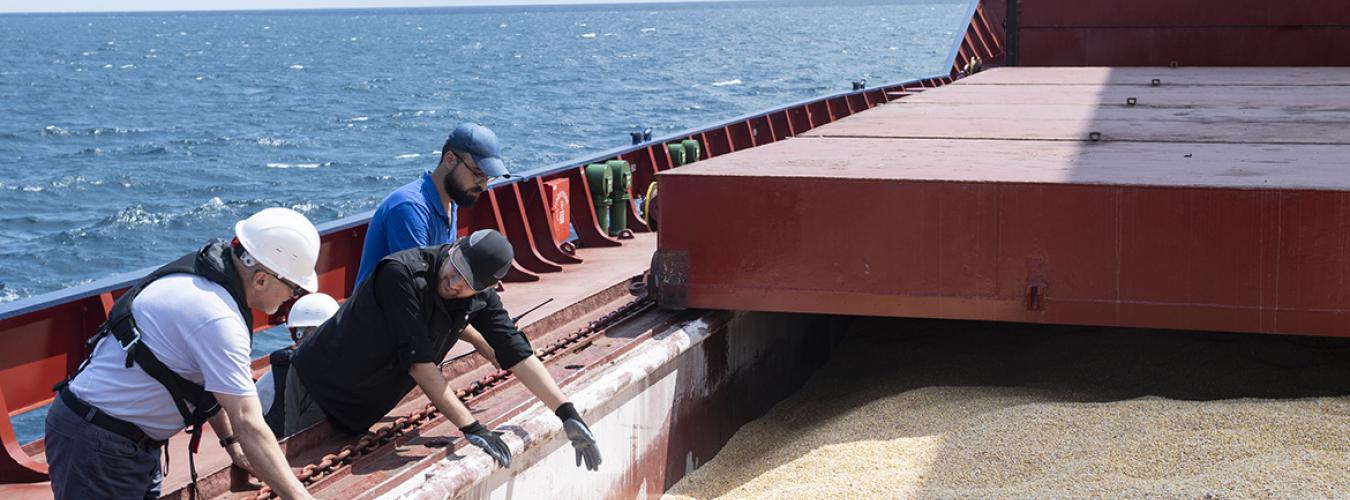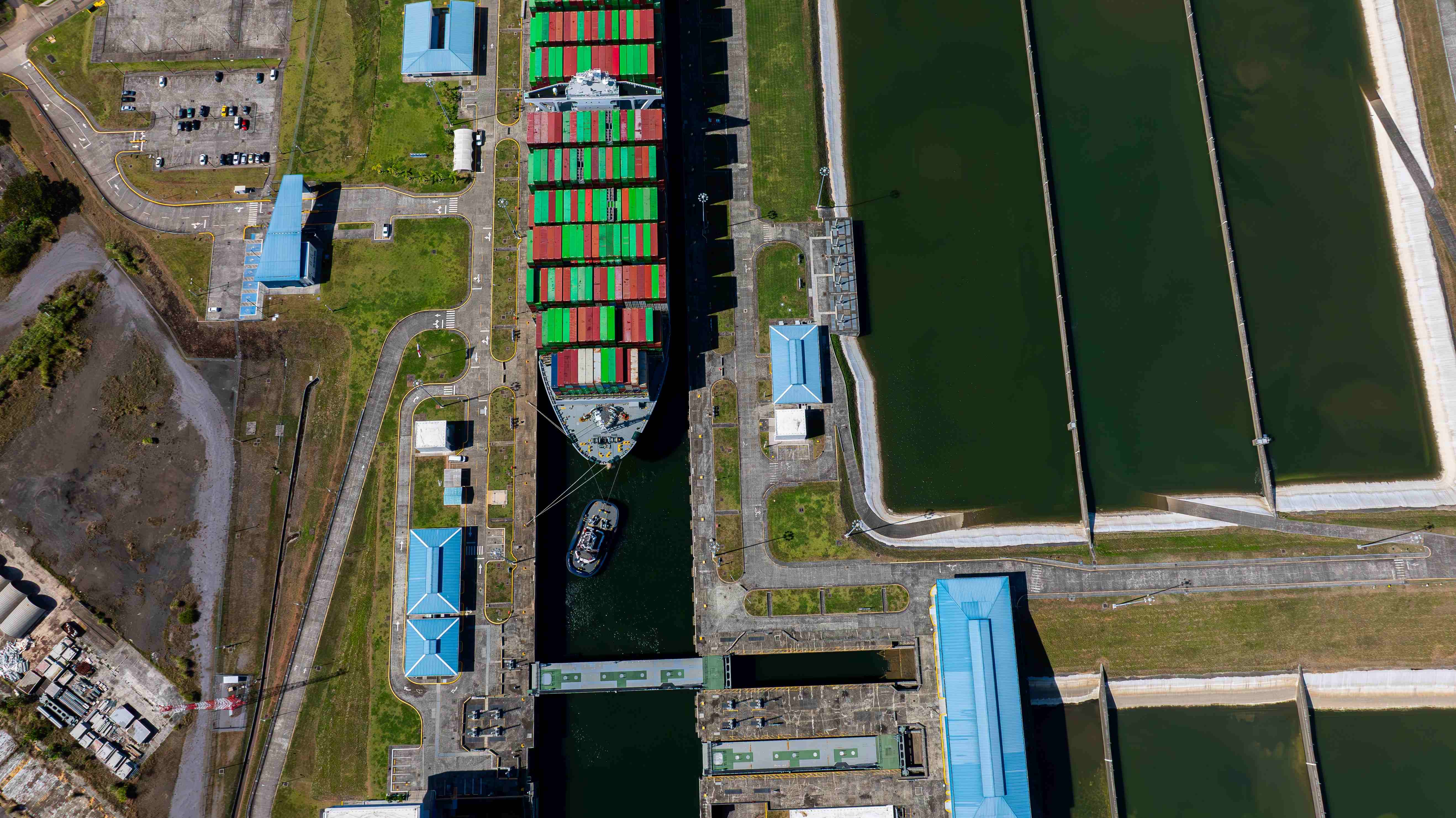Inspection challenges at Black Sea Grain Corridor

The Black Sea Grain Initiative (‘the Initiative’) was recently extended by 120 days to 18 March 2023 under the original conditions, after all parties reached agreement. However, it continues to face political and operational challenges. Not only has Russia threatened to unilaterally withdraw from the Initiative, if the corridor is deemed to be used for military purposes, but optimising the throughput of vessels remains challenging given limited inspection resources.
According to the Joint Coordination Centre (JCC), as of 4 December, inspections have been conducted on a total of 1,046 voyages (of which 524 were on outbound voyages) since the launch of the Initiative on 27 July 2022. However, a further 91 vessels are currently awaiting inspection in Turkish territorial waters. Of these, 65 (with a capacity to export approximately 2.2 million tons of foodstuffs) are awaiting approval to move – pending inspection – into Ukrainian ports, and 26 laden vessels are awaiting inspection prior to departing Turkish waters.
Additional resources allocated to vessel inspection on a permanent basis may expedite the approvals process – as may incorporating lessons learned through existing inspections – however the JCC is yet to permanently increase the number of teams beyond three.
The JCC told the ICS Newsletter that it continues to discuss ways to increase the number of daily inspections and is attempting to optimise logistical arrangements in the designated inspection areas, and prioritise vessels that are fully ready for inspection. However, the average number of completed inspections, according to Ms. Ismini Palla, UN Spokesperson for Black Sea Grain Initiative, has remained between six and seven per day since 3 November.
Ship operators can facilitate vessel movements, by ensuring their ships submit accurate and timely pre-clearance information and are ready to receive inspectors. A collaborative approach will enhance the efficiency of the inspection programme and, as a corollary, increase the chances that it can be sustained in the event that additional inspection resources cannot be assigned to the task.
These steps are particularly important given that, at time of press, some of the 65 inbound ships have been waiting for inspection for over a month.



